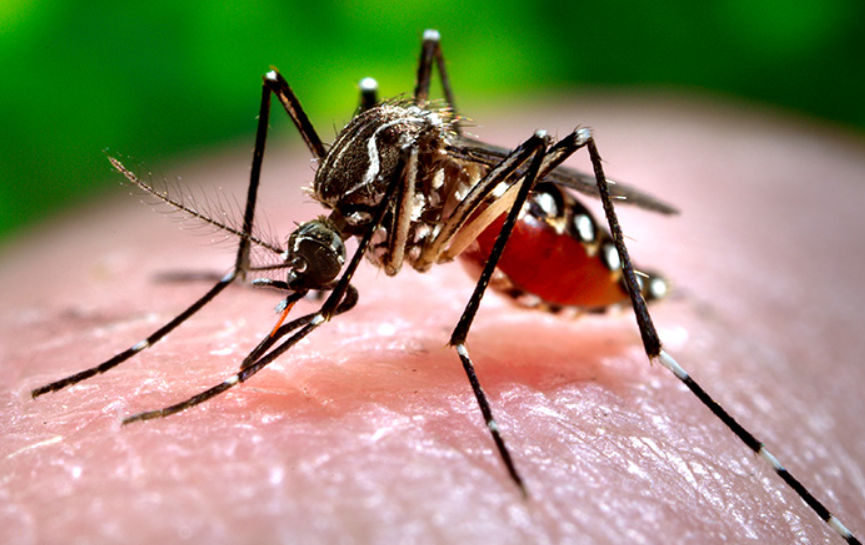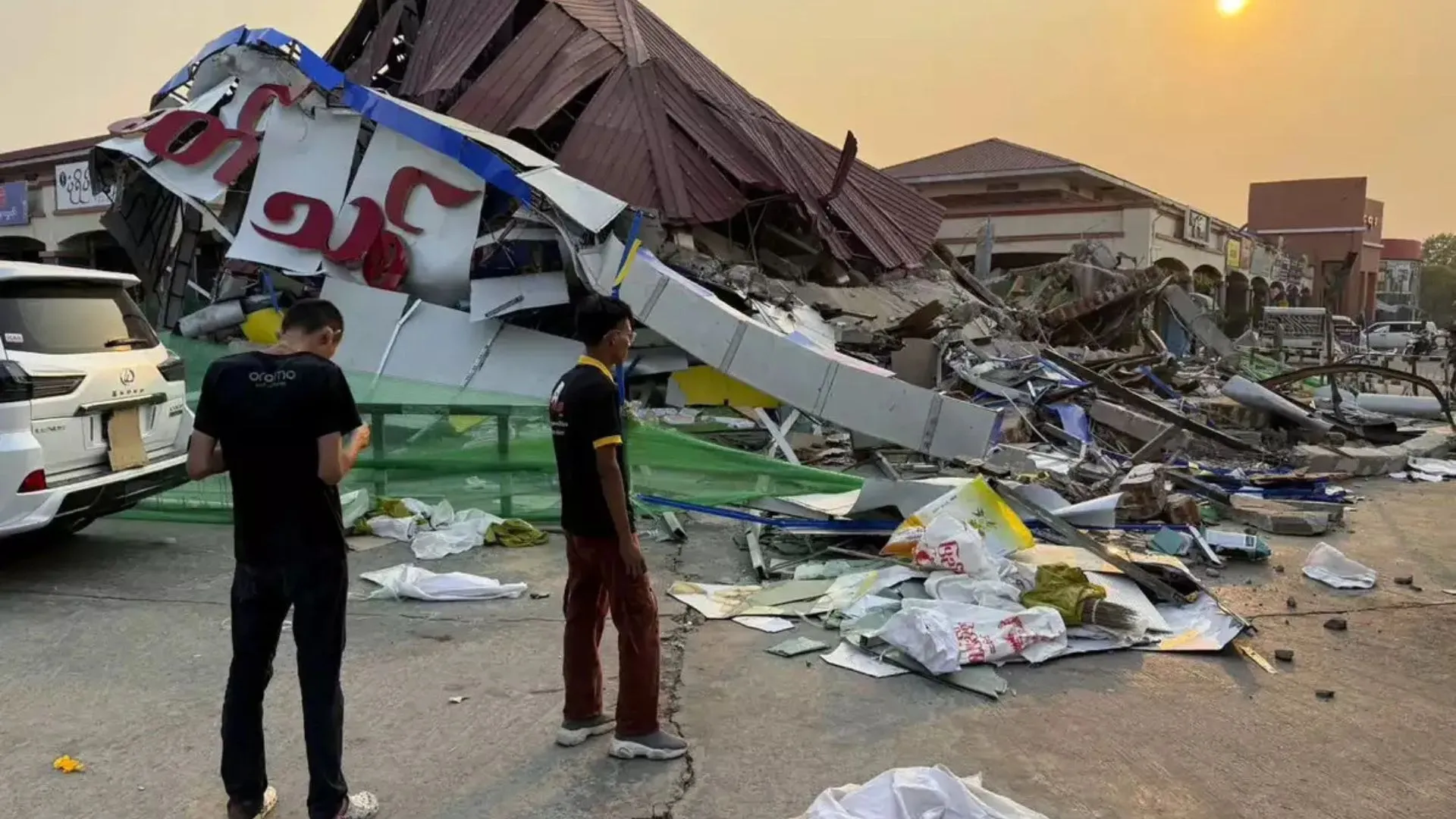Dengue is sweeping across the Western Hemisphere in numbers not seen since record-keeping began more than four decades ago, with experts warning that rising temperatures and rapid urbanisation are accelerating the pace of infections.
A record more than 4 million cases have been reported throughout the Americas and Caribbean so far this year, surpassing a previous record set in 2019, with officials from the Bahamas to Brazil warning of crowded clinics and new infections daily. More than 2,000 deaths in that region also have been reported.
“This year is the year we’ve been seeing the most dengue in recorded history,” said Thais dos Santos, adviser on surveillance and control of arboviral diseases with the Pan American Health Organisation, the regional office of the World Health Organisation in the Americas.
She noted that record keeping began in 1980. “Vector borne diseases, especially these diseases that are transmitted by mosquitoes … provide us a really good sentinel of what is happening with climate change.”
Poor sanitation and a lack of robust health systems have contributed to a rise in cases, but experts say droughts and floods linked to climate change are causing greater transmission of the virus, with stored water and heavy rains attracting mosquitoes.
Dr. Gabriela Paz-Bailey, chief of the dengue branch for the US Centres for Disease Control and Prevention in Puerto Rico, noted that higher temperatures also are extending the mosquito’s habitat and helping the virus develop faster inside the mosquito, leading to higher viral loads and higher probability of transmission.
“These infections are a symptom of some big underlying trends happening in the world,” Dr. Jeremy Farrar, chief scientist of the World Health Organisation, said in an interview.
“Climate change is seemingly so difficult to address, and so many countries are now becoming urbanised, I can see dengue and the other diseases… becoming increasingly frequent and increasingly complex to deal with.”
Dos Santos said officials are seeing “lots of new things” as dengue spikes, including record temperatures, extended seasons and the spread of dengue farther north and south than usual. California, for example, reported its first two locally-acquired dengue cases this year, and Florida 138 such cases — a record for the state. Last year, Florida reported 65 cases, Paz-Bailey said.
This year’s Northern Hemisphere summer was the hottest ever, with August some 1.5 degrees Celsius (2.7 degrees Fahrenheit) warmer than pre-industrial averages. And so far, 2023 is the second hottest year on record, according to Copernicus, the European climate service.
Worldwide, more than 4.5 million cases of dengue had been reported as of early November, with more than 4,000 deaths reported in 80 countries. Farrar believes that a global record set in 2019 of 5.2 million cases could be surpassed this year.
“Dengue is something that the Americas need to be increasingly concerned about, but it’s almost a global phenomenon now,” he said.
Countries like Bangladesh are seeing a record number of cases and deaths. The government in the South Asian country has reported more than 313,700 cases and more than 1,600 deaths, the majority of them occurring within three days of hospitalisation, according to published data.
The mosquito that carries dengue also has been identified in 22 European countries, with local spread of the disease seen in France, Italy and Spain. In August, the central African country of Chad reported its first-ever dengue outbreak.
Dengue affects some 129 countries, with roughly half the world’s population at risk, according to the World Health Organisation.
The virus is transmitted mainly by infected female Aedes aegypti mosquitoes, which bites hosts to obtain protein for its eggs. The virus can cause crushing headaches, fever, vomiting, a rash and other symptoms. While most infected people don’t get symptoms, severe cases can lead to plasma leakage and death. What’s worse, experts say, repeated infections means a higher risk of developing severe dengue. While the mosquito that carries dengue also spreads chikungunya and the Zika virus, there is less circulation of the other two viruses because of past immunity, Paz-Bailey said, adding that it’s very rare for a mosquito to carry two viruses at once.
In January, the World Health Organization warned that dengue poses a pandemic threat and is the world’s fastest spreading mosquito-borne disease.
While there are vaccines and specially bred mosquitoes containing a bacteria called Wolbachia to fight dengue, there are no specific treatments for the virus once someone becomes infected.

















